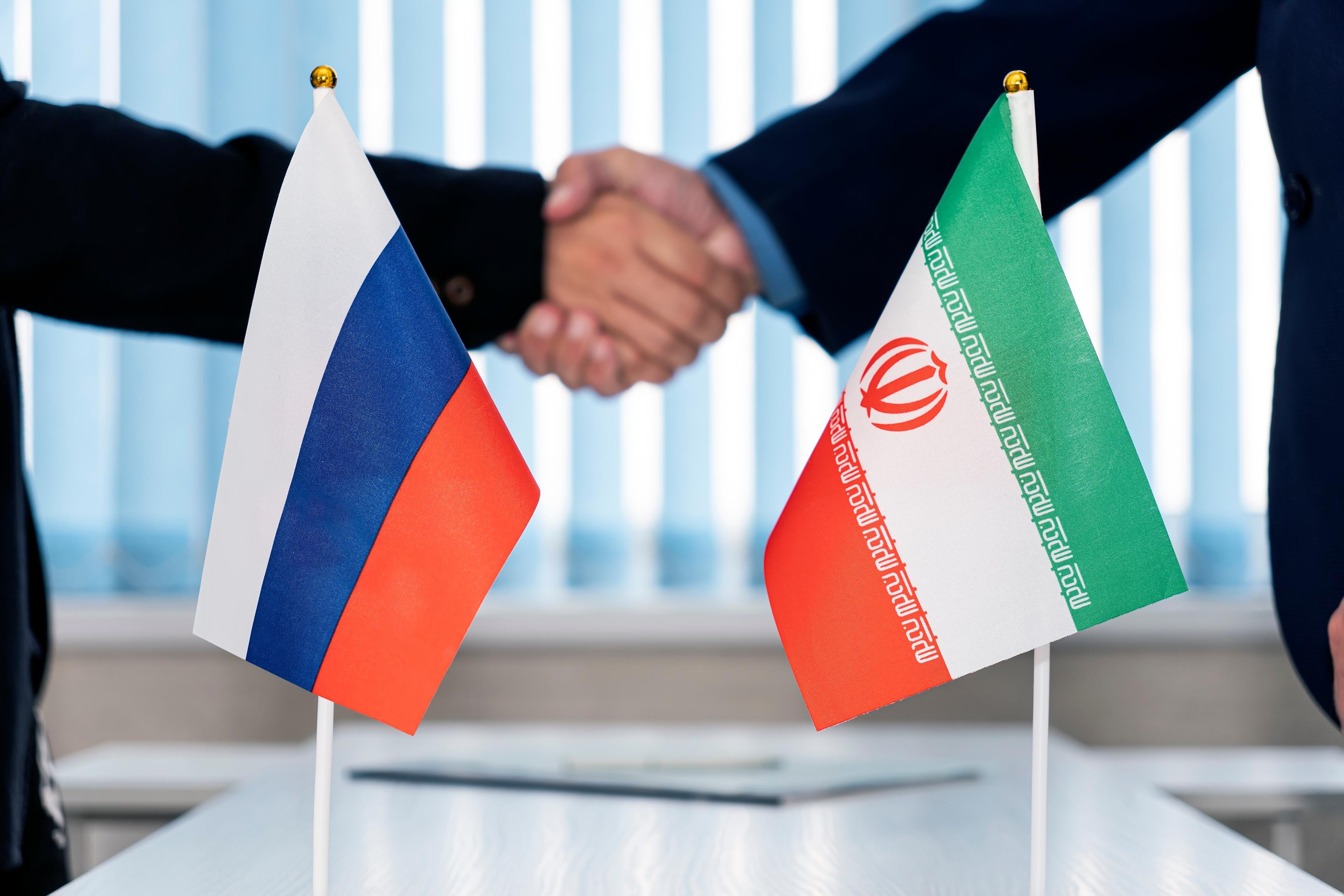Russia, Iran, Politics
Alarming: Russia and Iran Poised to Sign 'Historic' Strategic Agreement
As Moscow and Tehran prepare to sign a 'historic' agreement, experts warn of profound implications for regional stability and international relations, potentially reshaping power dynamics in the Middle East.

Russian Deputy Foreign Minister Andrei Rudenko announced today that Moscow and Tehran have finalized work on a "comprehensive strategic agreement," set to be signed in the near future. The deal, which Rudenko described as "historic" in an interview with Russian state news agency TASS, could significantly alter the geopolitical landscape in the Middle East.
Key Points:
• The agreement is expected to cover weapons transfers, oil sales, and agricultural trade.
• It may include a mutual defense clause, similar to Russia's recent pact with North Korea.
• Potential implications for Iran's nuclear program remain unclear.
The agreement comes after years of negotiations, briefly paused following the death of former Iranian President Ibrahim Raisi in a helicopter crash. With the election of Masoud Pezeshkian, talks have concluded, paving the way for the imminent signing.
Experts warn the deal could have far-reaching consequences for regional stability. There are concerns that Iran may gain access to advanced Russian military technology, potentially bolstering groups like Hamas, Hezbollah, and the Houthis.
Israeli officials are likely to view the agreement with alarm, as it represents a significant deepening of ties between two of its primary adversaries. The pact is expected to enhance cooperation between Russia and Iran in international forums, potentially increasing diplomatic pressure on Israel.
Adding to tensions, Russian Foreign Minister Sergey Lavrov recently criticized the Balfour Declaration at the UN Security Council, in a move widely interpreted as questioning Israel's legitimacy.
As Moscow and Tehran move closer, the agreement threatens to further strain Russia's already cooling relations with Israel, reshaping alliances in a volatile region.
The US State Department has not yet commented on the reported agreement. Analysts suggest it could complicate Western efforts to isolate Russia economically and diplomatically following its actions in Ukraine.
* Kann 11 News contributed to this article.